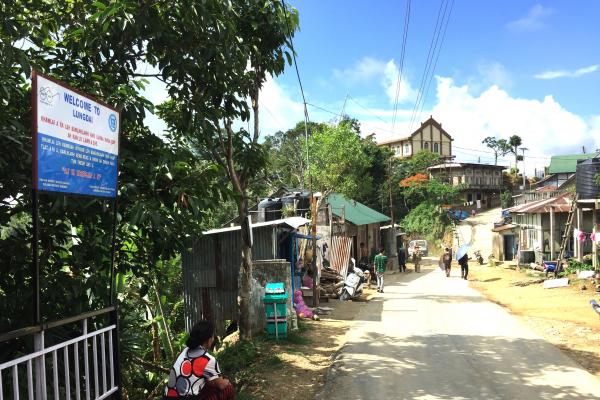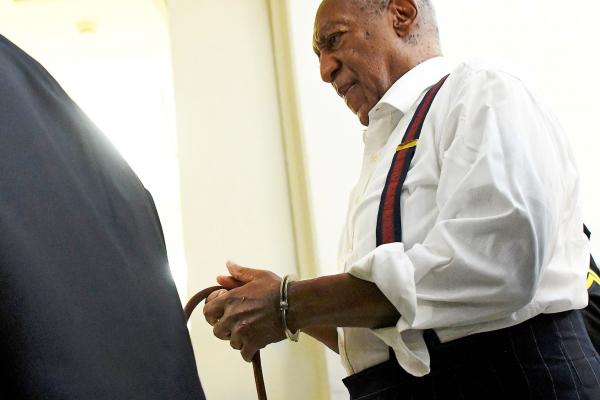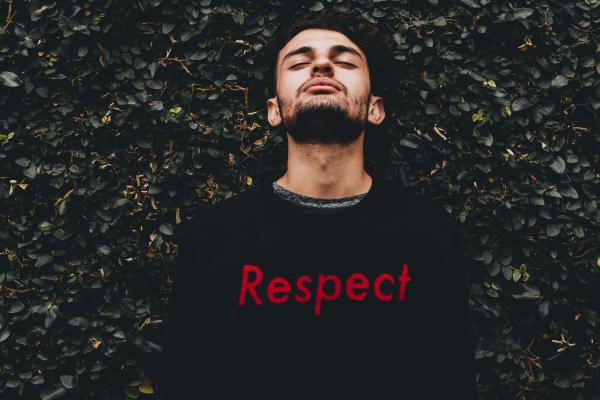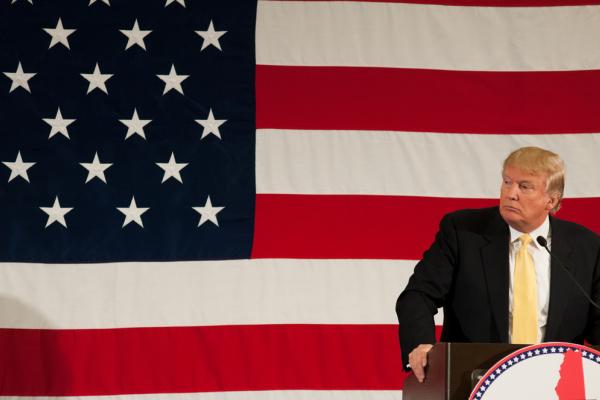In America’s children, we often see hope for a better future, especially when it comes to reducing racism. Each new generation of white people, the thinking goes, will naturally and inevitably be more open-minded and tolerant than previous ones. But do we have any reason to believe this? Should we have faith that today’s white kids will help make our society less racist and more equitable? Previous research has had mixed findings. So in order to explore more fully what white kids think about race, I went straight to the source: white children themselves.
For me, clerical sexual abuse is personal, professional, and institutional. It has haunted my service of the church for more than five decades, involving the abuse of people, power, and trust and a clerical culture that enabled it and covered it up. My experiences have taught me several lessons that I believe will be helpful as the church moves forward.
Every day for the last 10 months, Simon* has diligently followed a routine that begins with an 8 a.m. visit to his church. While the 23-year-old has always been religious, this visit is not for prayer or service. Like 53 other men in his village, he makes his way to a small room with a large French-style window, and waits for his turn. A community health worker hands him his daily dose of buprenorphine, which he places under his tongue in front of her and Simon knows he can get through the rest of the day.
Bill Cosby was sentenced to between three and 10 years in prison on Tuesday for his conviction for sexually assaulting a woman, capping the once-beloved comedian's downfall from "America's Dad" to convicted felon.
Pope Francis said on Tuesday as he wound up a trip to the Baltic states, all nervous about what they see as a newly aggressive Russia next door, that nations should not measure their strength by their military capability to prevail over others. "Some people speak in a loud voice, full of self-assurance – with no doubts or hesitation. Others shout and hurl threats about using weapons, deploying troops and implementing strategies...That way they appear to be stronger," he said in a homily of a Mass in the Estonian capital Tallinn.
Women have the right to live free from violation to their bodies. There is nothing profound about this statement. I want to believe it holds no hint of hyperbole, that this is a commonly held belief, that it is in fact true But in light of the rhetoric circulating in recent weeks, I’m not so sure.
It is an ethical imperative to consider the circumstances under which traumatic memories are recalled, whether in the course of therapy, during police investigations, court hearings, or public testimonies. Recalling trauma may be a part of the healing process or may lead to re-traumatization, persistence, and continued detrimental effects from traumatic memories.
I doubt the evangelical response to Tamar would have been as enlightened even though she had “proof.” The rhetoric would look more like this: Tamar took advantage of Judah at a time of grief for her own economic gain. She should have had her father speak to Judah about his negligence first and given him a chance to defend his action. They would cite what a good family Judah came from, being the son of Jacob and the great-grandson of Abraham. Except for selling his brother into slavery, he’s been a model citizen. They wouldn’t dare validate Tamar’s subversive act as a form of social justice, as a call for repentance and redemption
Despite the lack of coverage her faith has gotten, the influence of Christianity on her advocacy has remained constant. It is often difficult for people to associate Christianity with activism because it has become so weaponized, she says. “Christianity has been co-opted by people who have a political agenda, and have a very particular narrative that is steeped in racism, and classism, and sexism, and all of these other forms of oppression,” she tells me, “I’m the kind of Christian that recognizes who Jesus was — and Jesus was the first activist that I knew, and the first organizer that I knew, and the first example of how to be in service to people.”
The proposed regulation from the Department of Homeland Security would expand immigration officers' ability to deny visas or legal permanent residency to aspiring immigrants if they have received a range of taxpayer-funded benefits to which they are legally entitled, such as Medicaid, the Medicare Part D low-income subsidy, Section 8 housing vouchers, and the Supplemental Nutrition Assistance Program, which is commonly known as food stamps.









